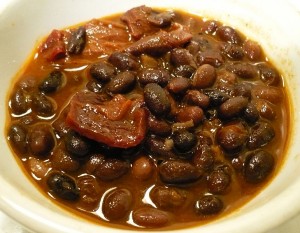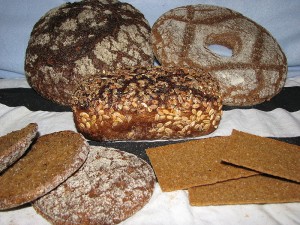Life Choice Diet
Life Choice Diet – A Low Fat Vegetarian Diet
If you are vegetarian and/or concerned with your health, the Life Choice Diet might be the diet for you. This diet considers (if perhaps only indirectly) a low GI, but the Life Choice Diet also considers a low fat intake. Eating less fat will make you lose weight, but it will also decrease the risk of cardiovascular heart disease.
Author Dean Ornish, MD came up with the Life Choice Diet and promotes a low fat vegetarian diet to reverse or prevent heart disease. He suggests that people make lifetime changes by including low fat eating habits, exercise and stress management.
Life Choice Diet – 3 Categories of Food



The Life Choice Diet is built primarily around three categories of food: beans, vegetables and fruits, and whole grains. Nonfat dairy products, nonfat desserts and processed foods are allowed in moderation. Sugar should be avoided as much as possible as well as all types of meat, fish, avocados, olives, alcohol, sugar, full-fat dairy products, egg yolks, nuts and oils, including olive oil. It should be noticed that this diet was introduced to the public in 1993, before research about the benefits of olive oil and other beneficial fats became widely known.
Life Choice Diet: Reversal and Prevention Diet
There are two versions of the Life Choice Diet. The “reversal diet“ is a more strict diet for people who have diagnosed heart disease or high cholesterol levels. The “prevention diet” is less structured. Guidelines for both versions of Ornish’s diet includes eating a vegetarian diet high in complex carbohydrates: fruits, vegetables and whole grains in their natural forms. Switching to a diet with fruits, vegetables and whole grains means a diet with a low GI, which is good for your blood sugar and energy level.
Life Choice Diet: 75% Carbs, 15% Protein and 10% Fat
The Life Choice Diet is a low-fat vegetarian diet with less than 10% calories from fat. The diet relies on a simple ratio of 75% carbohydrates, 15% protein and 10% fat. The Life Choice Diet emphasizes the importance of keeping insulin levels at a stable level and eating foods in their purest form.
Check out Dr. Dean Ornish’s latest book, which has gotten great reviews.

 Facebook
Facebook  Twitter
Twitter  RSS
RSS







